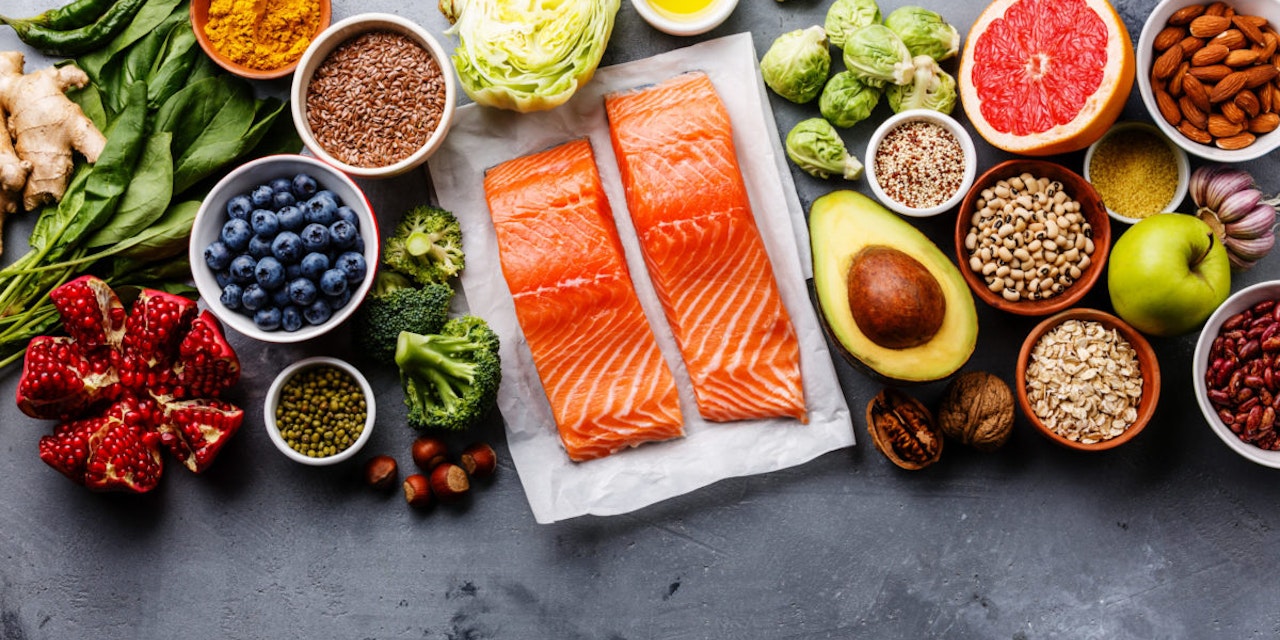Vitamins A, B, C and D – Why You Need Them and Where to Get Them
Vitamin A Commonly found in: Leafy green veg, carrots, mangoes, papayas, milk, eggs What it does: A fat-soluble micronutrient that clings to prot…
- Published: 4/4/2020
- Categories:
- 2 min. read

- Published: 4/4/2020
- Categories:
- 2 min. read
We see them all the time on nutrition labels, we talk about the content of them in different foods and drinks, but very few of us actually KNOW why we need the vitamins and nutrients we do.
That’s what we’re going to do here. We’re going to give you brief rundown of a few of the house name vitamins and let you know just what they do for you, and why you need them.
Vitamin A

Commonly found in: Leafy green veg, carrots, mangoes, papayas, milk, eggs
What it does: A fat-soluble micronutrient that clings to protein and is transported all over the body. One of the main purposes of vitamin A is the maintenance and protection of various bodily tissues, such as the gut, the bladder, the skin, and the eye.
Why it matters: Because of the number of areas of the body covered in tissue, vitamin A plays a large part in supporting good eyesight, promoting and protecting a strong immune system, and the regeneration of cells.
(National Institute of Health, Community Eye-Health Journal)
Vitamin B

Commonly found in: Salmon, eggs, leafy greens, beef, milk, seafood
What it does: The vitamin b complex is the name given to 8 B-vitamins (B1, B2, B3, B5, B6, B7, B9, and B12). They all offer slightly different benefits; B3 repairs our DNA, B6 supports the creation of neurotransmitters, B9 helps cells to grow, and B12 drives neurological function.
Why it matters: Without sufficient B12, our bodies literally can’t effectively or efficiently transport oxygen around the boys, making it difficult for us to focus, leaving us weak, and giving us extreme fatigue.
(Healthline)
Vitamin C

Commonly found in: Citrus fruits, bell peppers, broccoli, potatoes and strawberries.
What it does: Vitamin C is a water-soluble antioxidant acid which protects cells from damage from free radicals; compounds released into our bodies as convert the food we consume into energy. It also aids the production of collagen, supports the immune system, and improves the body’s capacity to absorb iron.
Why it matters: When we lack vitamin C, we’re more likely to get sick and stay stay sick longer, we take longer to heal, and the health of our blood vessels deteriorated due to the lack of collagen.
(National Institute of Health, Medical News Today).
Vitamin D

Commonly found in: Natural sources – egg yolks, cheese, fatty fish, fortified sources – milk, cereal, juice, yogurt.
What it does: This fat-soluble nutrient is what we need to develop stronger bones. Without it, it’s harder for our bodies to absorb the calcium we need.
Why it matters: while strong bones may not sound like much, we are far more likely to fracture bones or break them if they are soft, thin, or brittle, which typically happens when our vitamin D levels are too low.
(National Institute of Health)
All of the content and media on Lifesum is created and published for information purposes only. It is not intended to be used as a substitute for medical advice or treatment. Users should always consult with a doctor or other health care professional for medical advice. If you have or think you are at risk of developing an eating disorder, do not use the Lifesum app and seek immediate medical help.